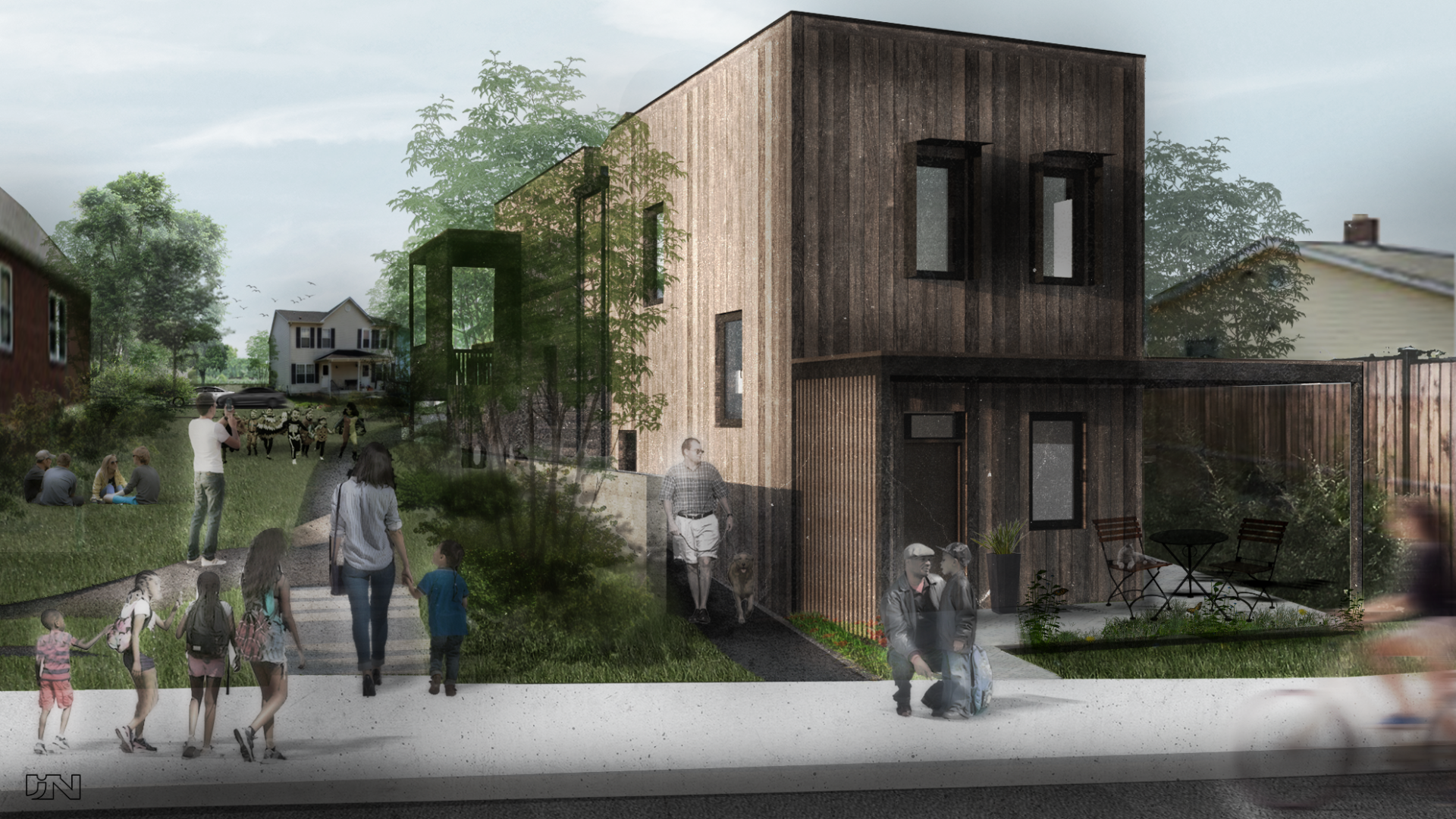Take Action Now!
WE PLEDGE OUR SUPPORT
To help take a big step in Baltimore’s Just Transition to Zero Waste
I, as a representative of (Organization Name) pledge the food scraps, yard waste and other organics we generate each year in order to support the initial phase of scalable compost infrastructure in Baltimore that achieves the following:
- Operational excellence to generate high quality, nutrient rich compost
- Cost effectiveness for our organization or institution
- A community benefits agreement with local host communities
- A local hiring commitment for residents of surrounding zip codes
- A labor peace agreement
- Representation from community and workers in governance
- Clean and safe operation
Your commitment to divert your organic tonnage will directly the support the development of the community led compost infrastructure Baltimore needs to create local jobs, reduce pollution and grow healthy food.
Organics Tonnage Pledge
Mayor Scott & Baltimore Educational Institutions: Get All Food out of the Waste Stream
We, the undersigned, call upon Baltimore City Officials and Institutional leaders to take concrete action now to affirm and advance Baltimore’s commitment to a just transition from a burning-and-burying solid waste system to a zero-waste system that directly benefits community, labor and our environment. A key initial phase of Baltimore’s Zero Waste plan is to remove food out of the waste stream through a coordinated effort across Baltimore’s major institutions and educational anchors to create a food waste collection and composting sector guided by a clear framework resulting in community economic development, environmental regeneration, and the creation of good sustainable jobs.
Food makes up 30-40% of the waste stream. This means up to several hundreds of thousands of tons of food waste every year in the Greater Baltimore area. Currently, Baltimore lacks permitted composting infrastructure within 30 miles leading to food waste improperly disposed at landfills and the BRESCO incinerator. Incinerated food pollutes the air, makes us sick, and it is a major source of carbon dioxide, the principal greenhouse gas that is causing the climate crisis and global warming. When we put food into landfills it decomposes and pumps dangerous methane gas into the atmosphere, a major cause of the climate crisis and global warming.
By developing local infrastructure in Baltimore to take food out of the waste stream we can:
- Recover the value of 30-40% of the waste that is normally tossed aside in ways that endanger our communities, public health and worsen the climate crisis.
- Create nutrient-rich compost that will help farmers fertilize their crops and keep the soil rich, replacing harmful chemical fertilizers.
- Make it easier and cheaper to separate the non-food recyclables.
- Use this compost to plant special grasses on public lands removing carbon from the atmosphere to advance Maryland’s goals of a net-zero carbon footprint.
- Transform our communities by providing good union jobs that are secure and permanent.
Now is the time for Baltimore’s leading institutions and officials to make the choice to catalyze development of the infrastructure Baltimore needs to create a just transition to Zero Waste
Compliance with Maryland’s Organics Recycling and Waste Diversion – Food Residuals Act
This 2021 legislation requires large-scale food waste producers to reduce their food residuals and waste or to source-separate their food residuals if an organics recycling or composting facility is within a 30-mile radius and has the capacity and is willing to accept food residuals.
It specifically covers local school systems, nonpublic schools; supermarkets, convenience stores, mini-marts, business, school, or institutional cafeterias; and cafeterias operated by or on behalf of the State or a local government. The law is effective January 1, 2023 and its final phase starts January 1, 2024.
Opportunity: Most entities covered by Maryland’s Food Waste Diversion Act will find it challenging to develop from scratch a local zero-waste food collection and processing system that will help them comply with the new law. In Baltimore City, its Mayor, City Council, community organizations and institutions have become strong drivers for Baltimore’s Zero-waste policy and have anticipated this transformation. What will be a challenge to other localities in Maryland has become an opportunity for Baltimore’s elected officials and communities to transform rapidly to its zero-waste system and be pioneering leaders in the development of this promising new sector of the economy. The first step will be to build composting and specialized food waste collection infrastructure at a scale capable of processing all the organic waste from the leading higher education institutions in and near Baltimore City and County. This zero-waste system will be built to be scalable to potentially include collection and processing for all commercial and residential food waste.
Challenge: No single institution generates the scale of food waste material needed to make a collection/processing venture sustainable and there is no single food collection enterprise serving all institutions, as of yet. Moreover, there is no certified food composting facility in Baltimore City ready to handle this challenge. Multi-institutional procurement will need to be created amongst universities, colleges and schools to achieve the economies of scale necessary to justify the creation of a reliable and cost effective food waste collection/processing infrastructure.
Petition Form
Maryland Elected Officials, ban burning single use plastics and make plastic producers take responsibility
Maryland residents, workers and our environment have suffered for decades from the unsafe practice of burning single use plastics at trash incinerators. With the global boom in plastic production spurred on by public subsidies to the fossil fuel industry, the problem of plastic waste pollution intensifies. In Baltimore, less than 3% of plastic is actually recycled while 47% is incinerated and 49% is landfilled. Only 1/3rd of plastic produced has the potential to to be recycled due to policies that accomodate producers’ preference to shift costs onto residents and local governments while securing short term gain.
Communities are left paying the price for plastic pollution through increased medical expenses, neighborhoods blighted with plastic litter and waterways filled with plastic bags and bottles. The new report, A Tale of 5 Cities: Plastic Barriers to Zero Waste, provides insight into the degree to which unaccountable single use plastic producers are holding cities back from their environmental, climate and zero waste goals.
Frontline communities joined together to develop a proven set of strategies for city and state officials to enact in response to this unprecedented crisis. Now is the time for our leaders to follow our lead and take urgent action to put our communities, workers and environment first while bolstering community economic development through re-use, composting and recycling programs. We, the undersigned, call for you to:
Align our City and State Resources with our Zero Waste Vision and Plan:
- Transparency in spending and subsidies on waste.
- Tracking and public education around the chemical and plastic industries lobbying efforts.
- Aligning funding priorities with the waste reduction hierarchy and requiring reporting on the progress made in aligning spending with goals.
- Supporting, developing, and incentivizing mission-based zero waste service providers and businesses through Federal, State and local programs.
Make Polluters Pay:
- Pass Extended Producer Responsibility Legislation making plastic waste producers redesign, reduce, reuse, and recycle collected materials instead of continuing unsustainable waste disposal. To ensure accountability, policies need transparency, public oversight, enforcement, and triggers for additional policies if a system does not achieve targets.
- Enact a ban on burning single use plastics at municipal solid waste incinerators.
- Pass a Container deposit law, aka “the bottle bill”.
- Require that the recycling arrows be removed from all plastic packaging and products and enforce new standards in labeling so only materials that are actually recyclable are labeled as such.
- Require packaging manufacturers to pay for regular municipal solid waste composition analysis through fees on the packaging they sell in that state and tax the gross revenues of the major disposal facilities and have a portion of those funds earmarked for waste composition reports and the remaining go to community-based waste reduction efforts.
Rebuild trust in our recycling programs by ensuring the impact of recycling aligns with zero waste goals:
- Ensure that contracts are developed that protect recycling in economic downturns and prevent it from being disposed of in incinerators or landfills.
- Do not include products that are not recyclable in the program and minimize residual rates through reduced compaction during collection, contract incentives, investments in better MRF operations, and public education.
- Develop criteria for highest and best use for end markets for recyclable materials (based on the specific values of the community, for example: circularity potential, carbon impact, worker conditions, and local markets). Make sure this criteria is included when writing and evaluating RFPs for service providers.
- Ensure that contract language protects workers. Employers must ensure drivers and MRF workers are treated as frontline workers, that their health and safety are protected and that they are paid living wages. Companies must also ensure sufficient staffing levels to provide safe collection in adverse conditions.
- State and Federal legislatures work to establish higher recycled content requirements for manufacturers.

